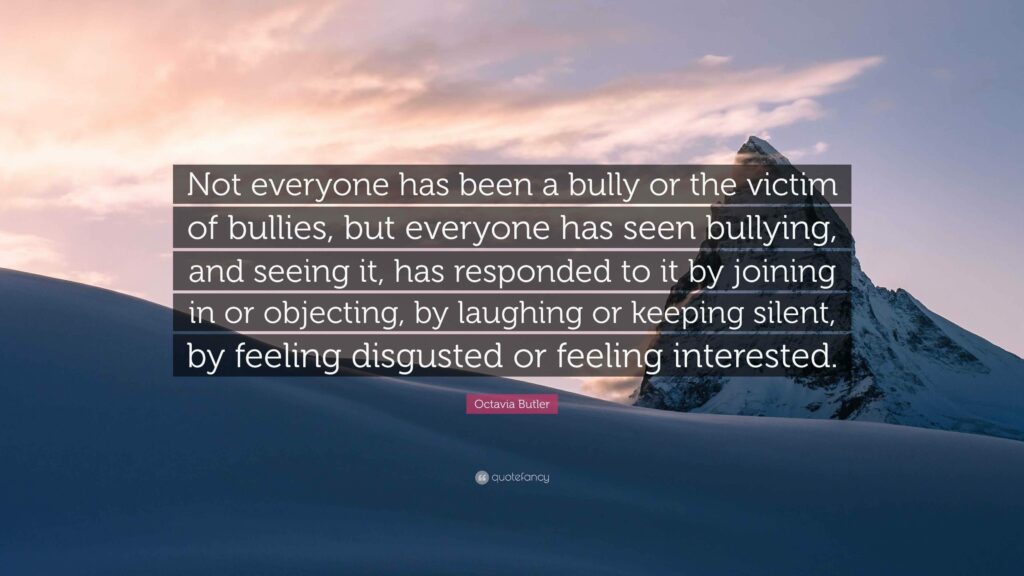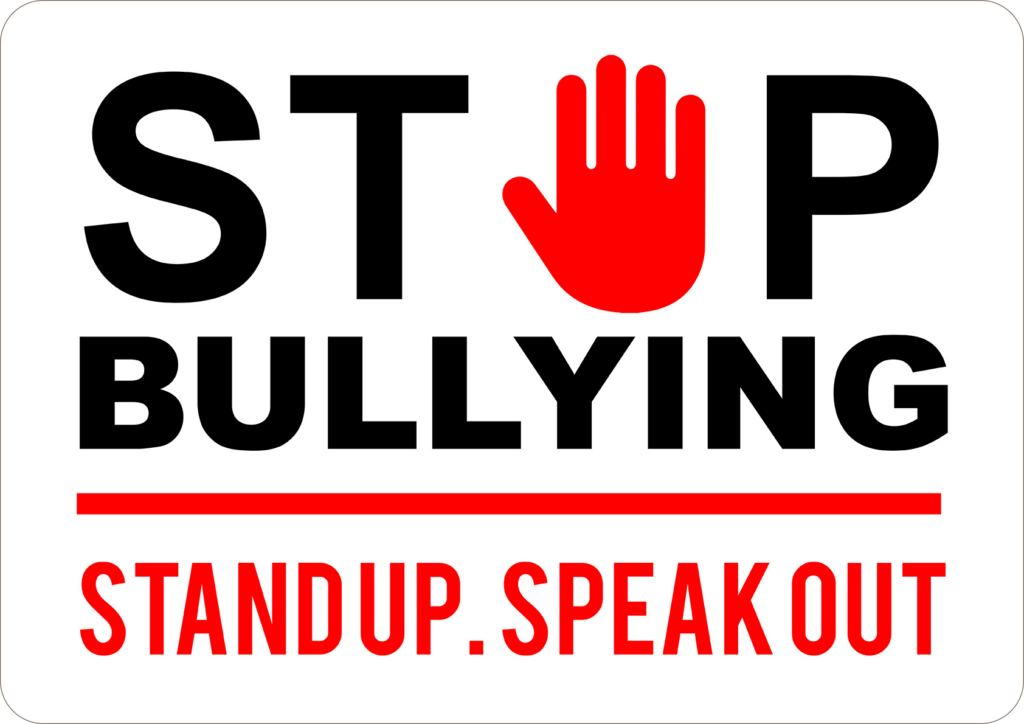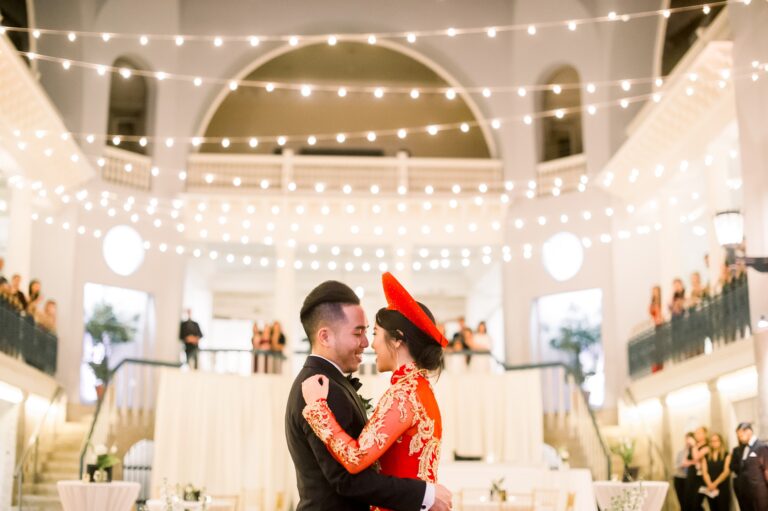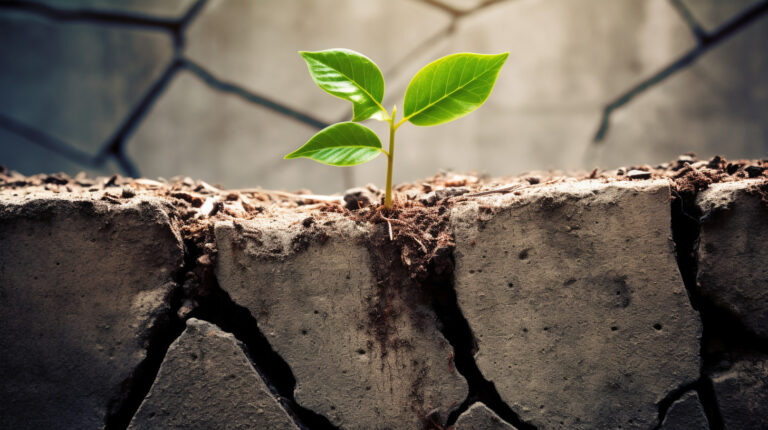How I Overcame Bullying and Why It Matters
Reflecting on my past, I realize that I’ve played dual roles in the narrative of bullying – as both the victim and the perpetrator. Was it something to be proud of? Absolutely not. However, as I stand here in my 30s, I don’t find myself weighed down by regret.
You might wonder why.
The reason is simple yet profound. My past experiences, as unpleasant as they were, have served as stepping stones towards personal growth and self-improvement. I’ve come to understand, accept, and articulate that bullying is wrong. It’s a tough topic, but one that I believe is worth sharing.
Throughout my life, I’ve faced bullying – in the schoolyard during my childhood, in college, in the workplace, and even in personal relationships. These experiences, while painful, have shaped me and led me towards a path of empathy and kindness.
This article is my attempt to shine a light on the dark corners of bullying. I will delve into what bullying entails, its impacts, overcoming it, why it’s wrong, and finally, learning to be better.
But this is not just an analytical exploration. It’s also a chronicle of my personal journey. I invite you to walk with me through my life, where I share my firsthand experiences and the lessons learned along the way.
I hope that by opening up about my past, I can inspire others to choose empathy over apathy, kindness over cruelty, and understanding over judgment. Let’s start this journey together.
Disclaimer: This blog post discusses experiences with bullying and its impact. If you or anyone you know are dealing with thoughts of suicide, it’s important to reach out for help. In the U.S., contact the National Suicide Prevention Lifeline at 1-800-273-TALK (1-800-273-8255) or use the Crisis Text Line by texting HOME to 741741. It’s crucial to remember that there’s no shame in seeking help, and there are resources available to you. Your life matters, and there’s always help and hope available.
Understanding Bullying
Bullying, according to psychological studies, often stems from an individual’s own insecurities, desire for control, or perceived social status, and it is further influenced by various environmental factors. Scientific research suggests that bullies often have high self-esteem, but they are also more likely to engage in certain types of aggressive behavior because they lack empathy and have a tendency towards domination [1].
Psychological factors, such as aggression, impulsivity, and a lack of empathy, often play a significant role in bullying behavior. These traits can be influenced by both genetic and environmental factors, and they frequently reflect a lack of social and emotional skills [2].
Socially, bullying often occurs in environments where it is tolerated or even encouraged. The culture of a school, workplace, or even a whole society can play a significant role in whether bullying behaviors are likely to occur. For example, environments that reward aggressive behavior or have high levels of competition may encourage bullying [3].
Environmental factors, such as an unstable home environment or a lack of positive role models, can also contribute to bullying behavior. Studies have shown that children who witness or experience violence at home are more likely to bully others at school [4].
Edgar’s Take
Growing up, I was clueless about what bullying really meant. You know, it’s one of those things they don’t teach you in school. You learn in the school yard. I first encountered bullying back in elementary school. You remember how it was, right? There were the “cool” kids, the so-called “normal” ones, and then the “geek squad.”
As for me, well, I was kind of a floater. I couldn’t exactly pinpoint where I fit in. I wasn’t cool enough to roll with the “cool” kids, but I seemed a tad cooler than the average Joe. So yeah, I got my fair share of flak – like not having the latest LEGO set or the newest Nike sneakers. But hey, I was on the (elementary) school’s kickball team, so that gave me some cred above the “normal” kids. Can you relate to this?
The Impact of Bullying
The effects of bullying can extend far and deep, leaving scars that might take a lifetime to heal. Victims often grapple with a sense of humiliation, fear, and loss of self-esteem.
Bullying can also contribute to health problems, academic struggles, and even behavioral difficulties. In extreme cases, it can lead to self-harm and suicidal tendencies among the victims.
According to a study published in the Journal of Adolescent Health [5], victims of bullying are twice as likely to experience negative health outcomes such as headaches, sleep problems, and stomachaches. They are also more likely to report feeling sad and skipping school.
Even more alarming, the study found that the victims of bullying are more likely to develop depression in adulthood. It’s clear that the impact doesn’t end when the bullying stops, but it leaves a lasting impact on the victim’s life.
Our job, as a society, is to be aware of these significant effects and work towards creating safe and supportive environments where everyone can thrive without fear.
Edgar’s Take
So, it’s been 20 years since I graduated middle school (yeah, now you can guess my age!), and honestly, it’s taken me a good amount of time to really grasp how much bullying affected me.
I’m lucky to be married to my best friend, someone I can talk about anything. One night, we got into this deep conversation about bullying, and I shared my rollercoaster ride of being both the bullied and the bully. It wasn’t exactly something I’m proud of, opening up about my darker days, but understanding is the first step to change, right?
Looking back, I see now that when I was bullying, it was really just me trying to fill the void left by those who had bullied me. Now, in 2023, I’ve come a long way in understanding the true impact of bullying and doing my best to do and be better.
But hey, nobody’s perfect, right? Sometimes, I catch myself saying or doing something that borders bullying. When that happens, I make sure to check myself, own up to it, and apologize to whoever is on the receiving end if I can.

Overcoming Bullying
Overcoming bullying isn’t an overnight process, but it’s definitely possible.
One key way to do this, as highlighted in the Journal of School Health [6], is to build a strong support network. Be it friends, family, or a trusted adult – having people who can back you up creates a safety net.
You’re not alone in this. Remember that. And it’s okay to talk about it.
Open conversations about your experiences and getting them out in the open can help lessen their power over you. And, of course, practicing good self-care habits and seeking professional help through therapy, counseling, and coaching, if needed, is always a smart move.
Edgar’s Take
So, how did I finally break free from the cycle of bullying? The secret sauce was learning to stand up for myself. You know that age-old mantra, “See something, say something”? I took that to heart. Whenever I spotted something off, I made it a point to speak up for myself and others.
Reflecting on my past, both as a bully and as the one being bullied, I wondered how I managed to turn things around. Well, the answer lies in my support system. My amazing wife, my family, and a tight-knit circle of friends who are like family to me. Plus, I’ve been fortunate enough to have some pretty awesome mentors at work who I now call friends.
The key to overcoming not just bullying but any conflict life throws your way? Speak up. Share your experiences with someone you trust. Trust me, it makes all the difference.
Why Bullying is Wrong
Bullying is fundamentally wrong because it infringes upon a person’s basic right to live free from fear, intimidation, and negativity. It not only warps the victim’s perception of self-worth but can also fuel a vicious cycle of hostility and retaliation.
A study in the International Journal of Bullying Prevention [7] articulates this, stating that bullying can lead to long-term psychological trauma, affecting one’s mental health, relationships, and overall quality of life.
Standing up against bullying isn’t just about protecting ourselves, but it’s also about fostering an environment of respect, understanding, and mutual support. Remember, your voice matters!
Edgar’s Take
Here’s the deal. Bullying? It’s just not cool. There’s nothing funny or okay about making someone else feel small. I’ve come a long way in understanding this and taking ownership of my past words and actions.
For those who bore the brunt of my mistakes, I’ve done my best to reach out and genuinely apologize. And for those I’ve yet to make amends with, I’d be open to apologizing in person or over the phone.
The thing is, empathy isn’t exactly everyone’s strong suit. But once I started putting myself in people’s shoes, it totally flipped how I think and feel. I wish more folks could tap into empathy, not just for me but for everyone around them.
I’m a firm believer in the power of kindness. It’s my way of paying it forward, hoping that the person on the receiving end might pass on the good vibes and brighten up someone else’s day.

Learning to Be Better
Since the COVID-19 pandemic started and we all got stuck working from home in March 2020, I’ve been seeing life through a different lens. One of the hardest pills to swallow? Finding out that some folks I thought were my friends just up and left me hanging.
I tried reaching out, trying to figure out what went wrong, but each time I did, they’d keep their cards close to their chest. I’m a big believer in the power of vulnerability in showing your true, authentic self. Nobody’s perfect, right? I own my mistakes, and I wish others would do the same.
Conflicts aren’t usually a one-person show. In most cases, it’s a two-way street. Miscommunication is often the root cause of most misunderstandings.
This pandemic has been one heck of a learning journey for me. I’ve started seeing things from a new perspective, realizing how much time I was pouring into friendships that no longer brought anything positive to my life.
I’ve done my part, reached out, and apologized. I’ve been learning and growing, striving to be better, to do better. And if they can’t see that, well, I’m not sure what else there is left to say.
Maybe they’ll stumble upon my blog about bullying, which will help them understand how I feel. Or maybe it’ll resonate with you and make you rethink bullying. Because yeah, I do believe I was on the receiving end of bullying.
But hey, it is what it is. I’ve grown a ton from this experience. And now, I’m in a much better place. And really, that’s all I could ask for.
Final Thoughts
Bullying is a universal problem affecting individuals around the world. Whether you’ve been a victim, a bystander, or even a bully, it’s important to share your experiences. By telling your own story, not only do you help heal your own wounds, but you also give strength to others who are walking down the same path. Your words can be the reassurance that someone needs to hear that they are not alone and that it is possible to overcome this adversity.
So, I encourage you to join me in the fight against bullying. Let’s vow to speak up when we see injustice, to stand up for those who feel they have no voice, and to strive to do better and be better. Let’s pledge to take action — because it’s the actions we take that will ultimately make a difference.
Thank you for taking the time to read this post. I hope you’ll join me. Let’s put an end to bullying once and for all.

Source
[1]: Salmivalli, C. (2010). Bullying and the peer group: A review. Aggression and Violent Behavior, 15(2), 112-120.
[2]: Nansel, T. R., Overpeck, M., Pilla,R. S., Ruan, W. J., Simons-Morton, B., & Scheidt, P. (2001). Bullying behaviors among US youth: Prevalence and association with psychosocial adjustment. JAMA, 285(16), 2094-2100.
[3]: Olweus, D. (2013). School bullying: Development and some important challenges. Annual Review of Clinical Psychology, 9, 751-780.
[4]: Baldry, A. C. (2003). Bullying in schools and exposure to domestic violence. Child Abuse & Neglect, 27(7), 713-732.
[5]: Gini, G., & Pozzoli, T. (2009). Association Between Bullying and Psychosomatic Problems: A Meta-analysis. Journal of Adolescent Health, 44(3), 195-202.
[6]: Evans, C. B., Fraser, M. W., & Cotter, K. L. (2014). The effectiveness of school-based bullying prevention programs: A systematic review. Journal of School Health, 84(12), 832-845.
[7]: Menesini, E., & Salmivalli, C. (2017). Bullying in schools: the state of knowledge and effective interventions. International Journal of Bullying Prevention, 1(1), 14-27.







